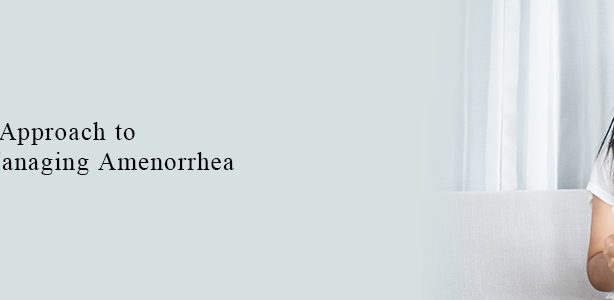2020 will be a year that humanity will remember for a long time. It has become the year of the COVID-19 pandemic, which has triggered a health and social crisis, the likes of which has not been seen since the end of the World War- 2.
The first COVID- 19 case in India was detected on January 30th, the same day, WHO declared it a public health emergency. India alertly implemented surveillance as early as January 17, even before the first cases were officially detected.
The Coronavirus has turned the world’s attention to our immune system, the body’s defense force against disease-causing viruses and organisms that we touch ingest and inhale every day. Our immune systems will need to adapt unaided to COVID-19, until a potential vaccine is available.
Ayurveda to combat Covid-19?
As we continue to battle this epidemic, let’s not forget that India is the birthplace of Ayurveda an ancient system of natural and holistic medicine. Enhancing one’s natural immunity plays a vital process in the Ayurvedic practice. Ayurveda pays larger emphasis on building strength of mind and body to cope with infections.
This medicinal practice has transcended 5000 years and has over time been collated into texts. The oldest known texts on Ayurvedic therapies are the Charaka Samhita, Sushruta Samhita, and the Ashtanga Hrudaya.
According to this medicinal system, a person’s body type identifies with one of the three standard body types – vata, pita or kapha. The practice of Ayurveda is holistic and its fundamental concept is to maintain health. It does not merely look at the disease, but studies the host and the individual’s vulnerability against the disease. It is nature-based medical science.
Kerala, a southern state in India has always practiced this. Kerala Ayurveda is one of the most popular forms of Ayurveda around the world. The state has one of the finest Ayurvedic systems in the country.
Several other Indian states also use Ayurvedic therapies as a preventative measure including COVID-19.
The Ministry of Ayush and its fight against the pandemic
India formed the Ministry of Ayush on 9th November to ensure development of health care system and best practices within the country.
Ayush represents Department of Ayurveda, Yoga and Naturopathy, Unani, Siddha and Homoeopathy (AYUSH), and is dedicated to the development of Education and Research in these respective fields.
Ayurveda has potential and possibilities to be employed both for the prevention and an adjunct treatment option for COVID-19. In Ayurveda there are several treatment options are available to enhance immunity against respiratory illnesses, these include certain immunomodulators known as Rasayana.
The prophylactic and therapeutic potential of traditional and complementary medicine systems such as Ayurveda and Yoga can be used to prove effective prophylaxis and adjuvant therapy of the Coronavirus.
Best practices for the fight against COVID-19
Ministry of AYUSH recommends the following self-care guidelines for preventive health measures and boosting immunity with special reference to respiratory health.
Disclaimer: The below advisory does not claim to be treatment for COVID-19.
General Measures
- Drink warm water throughout the day.
- Daily practice of Yogasana, Pranayama and Meditation for at least 30 minutes as advised by Ministry of AYUSH
3. Spices like Haldi (Turmeric), Jeera (Cumin), Dhaniya (Coriander) and Lahsun (Garlic) are recommended in cooking.
Ayurvedic Immunity Promoting Measures
- Take Chyavanprash 10gm (1tsf) in the morning. Diabetics should take sugar free Chyavanprash.
- Drink herbal tea / decoction (Kadha) made from Tulsi (Basil), Dalchini (Cinnamon), Kalimirch (Black pepper), Shunthi (Dry Ginger) and Munakka (Raisin) – once or twice a day. Add jaggery (natural sugar) and / or fresh lemon juice to your taste, if needed.
- Golden Milk – Half tea spoon Haldi (turmeric) powder in 150 ml hot milk – once or twice a day.
Simple Ayurvedic Procedures
- Nasal application – Apply sesame oil / coconut oil or ghee in both the nostrils (Pratimarsh Nasya) in morning and evening.
- Oil pulling therapy- Take 1 table spoon sesame or coconut oil in mouth. Swish it in the mouth for 2 to 3 minutes and spit it off followed by warm water rinse.
During dry cough / sore throat
- Steam inhalation with fresh Pudina (Mint) leaves or Ajwain (Caraway seeds) can be practiced once in a day.
- Lavang (Clove) powder mixed with natural sugar / honey can be taken 2-3 times a day in case of cough or throat irritation.



